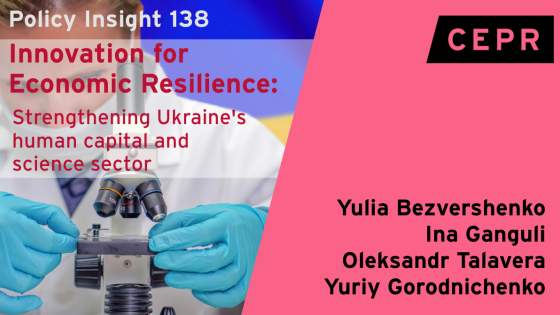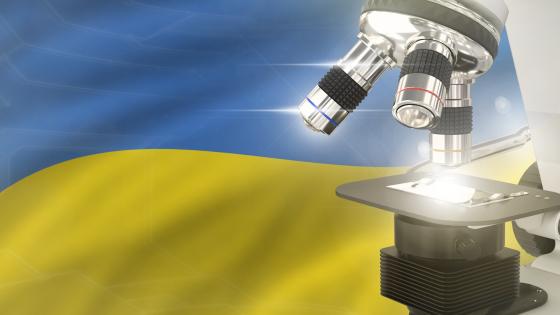DP17644 Science under Inquisition: The allocation of talent in early modern Europe
We study how an ideologically repressive authority, the Roman (or Italian) Inquisition, affected high-talent individuals. Descriptive analysis produces prima facie evidence that after its establishment in 1542, notable individuals born in Roman Inquisition states became less likely to undertake scientific careers. We then build and estimate a structural dynamic model of occupational and location choices to investigate causal pathways. The drivers of Italy's relative scientific decline after 1542 turn out to be the Inquisition’s deterrence effect, which pushed scientists away from places under its grip, a (less important) cultural effect, whereby the Inquisition weakened the willingness to embrace a scientific career in the first place, and the human capital effect stemming from the consequent reduced availability of science masters. A counterfactual historical experiment indicates that absent the Inquisition, the share of notable Italians engaging in science would have remained at the pre-1540s level of 16% instead of dropping to 12%.


